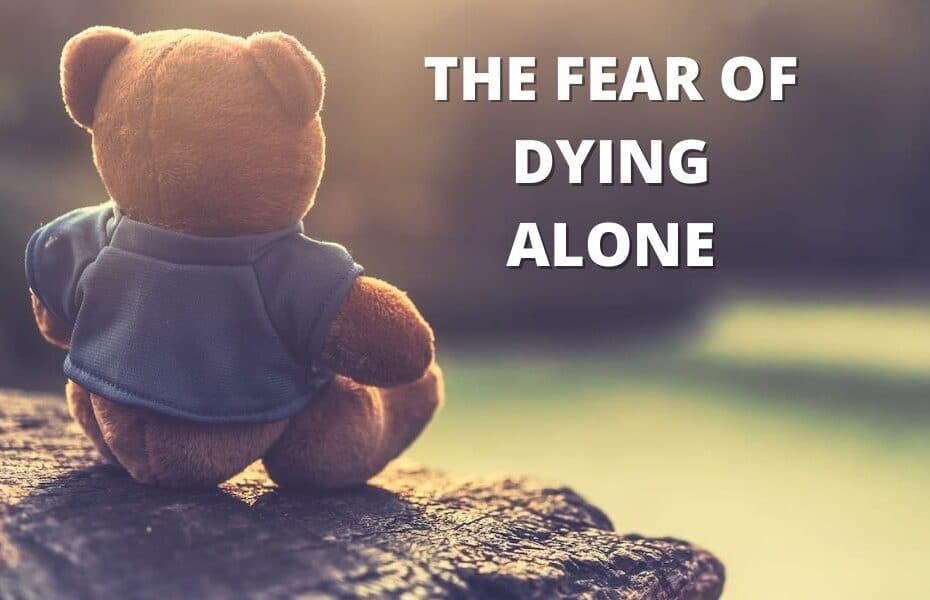Battling with Covid-19 is a very lonely affair
Indeed, not only is any physical contact with an infected person necessarily avoided, but even coming into close proximity with him is considered to be highly risky. In the absence of a vaccine, which our health gurus’ claim is the only solution, the only method for containing the spread of the virus is to isolate those affected by it. And therein lies the problem!
The patient is left to battle against the virus all alone. The loneliness gets even worse once you get admitted to a hospital. You can forget about having any gathering of family members, friends and even loved ones around your hospital bed.
Ms. Madhvi Aya worked as a caregiver at a hospital in the United States. Within days of her last shift as a caregiver, she was infected with COVID-19. She was admitted to a different facility nearer her home and did not have the solace of even her familiar colleagues.*
Thanks to technology, today, many COVID-19 patients are able to keep in touch with their loved ones over the phone. Hearing the voice of loved ones and exchanging text messages is definitely better than having no one around you. But as the condition of the patient keeps deteriorating, at some point, even that stops. Madhvi would often text her daughter and husband from her hospital bed. After she started getting worse, her texts came less frequently and in short, sporadic bursts. Her final text to her daughter was, “Love you.” She died all alone in the hospital. “She was always there for us, whenever we wanted her. But when she got sick, no one was next to her,” her husband said.
There are some people you come across who are not afraid to die simply because they don’t think much of what lies beyond death. But there are others, who are filled with fear and anxiety at the very thought of death. It is very natural to fear death. The psalmist, a man of God, describes his close encounter with death:
The danger of death was all around me; the horrors of the grave closed in on me; I was filled with fear and anxiety. (Psalms 116:3).
“What will be the extent of pain at the time of death? Will I be able to bear the pain? What is it that awaits me after death? Where will I go? Where will I be?” All these and many other questions give rise to fear in dying persons, especially those suffering from a disease that has no cure. But the fear becomes more overwhelming when one knows that he is going to die all alone in the absence of his loved ones. The fast-spreading nature of the Coronavirus makes isolation of the affected persons mandatory.
Many hospitals and nursing homes have implemented no-visitor policies during the coronavirus pandemic, leaving many people facing death each day without family members or loved ones by their side. Therefore, in case of many, the fear of dying alone does more harm than the virus itself.
Shatzi Weisberger recognized the symptoms of a heart attack. Her chest seized up and pain shot down her left arm. At the age of 89 and a retired nurse, she did not want to die alone in her apartment. But if she went to the hospital, she was afraid that she would get the coronavirus there and die among strangers, cut off from the people she cared about. She wants to be surrounded by loved ones when she dies. Not intubated and isolated in a hospital.
For most people of the world today, the fear of dying alone has become a second epidemic. For many, it will do more harm than the virus itself.
How can people who are afraid of dying alone overcome such fear?
In the Bible, the mention of fear is first made in the Book of Genesis where Adam says to the Lord:
I was afraid and hid from you… (Genesis 3:10)
Needless to say, fear entered man when he disobeyed God; it began to rule over him from the time the relationship between him and God was destroyed because of sin. However, God is so merciful that He took the first step to restore that relationship.
As St. Paul writes,
Our message is that God was making all human beings his friends through Christ. God did not keep an account of their sins, and he has given us the message which tells how he makes them his friends. (2 Corinthians 5:19)
Therefore, we need to recognize our weaknesses and faults and repent and turn back to God. The Lord uses trials, sadness and even situations like the pandemic so that we come to our senses and return to Him. We need to take this opportunity to return to His Word. If we go back to the Bible and read and meditate on the sacred scriptures, the Lord will reveal Himself to us. Through His Word, we will understand why the present events have come to pass. More importantly we will learn how to handle this situation. Because the Bible says:
Faith comes from hearing the message, and the message comes through preaching Christ. (Romans 10:17).
Jesus reveals Himself to us through the scriptures (John 14:21).
Besides reading and meditating on the Word of God, we need to get closer to Jesus through prayer and the sacraments. Then, even if we may have to go through the darkest valley of the pandemic, we will know that we are not alone; we will feel His presence with us as written in Psalm23:4. We will be able to hear His voice speaking to us:
Do not be afraid—I am with you! I am your God—let nothing terrify you! I will make you strong and help you; I will protect you and save you (Isaiah 41:10).
Can a woman forget her own baby and not love the child she bore? Even if a mother should forget her child, I will never forget you (Isaiah 49:15).
With Jesus by our side, we will then be able to say with confidence:
My father and mother may abandon me, but the LORD will take care of me (Psalms 27:10).

